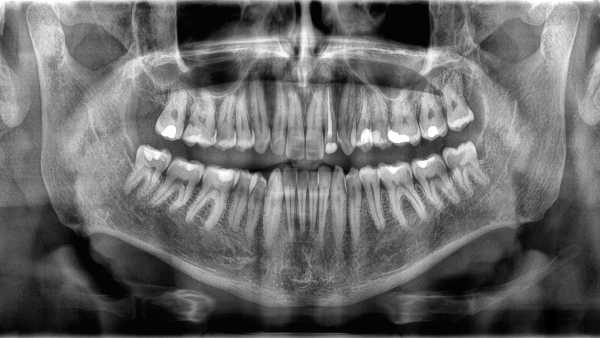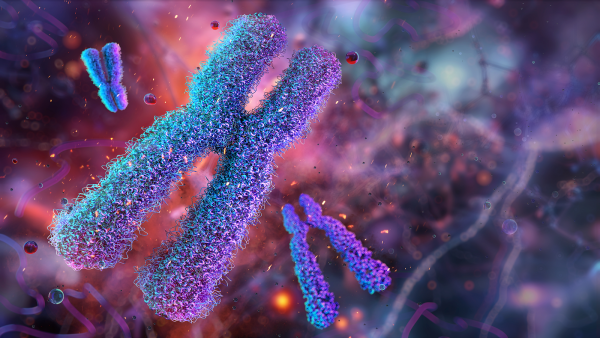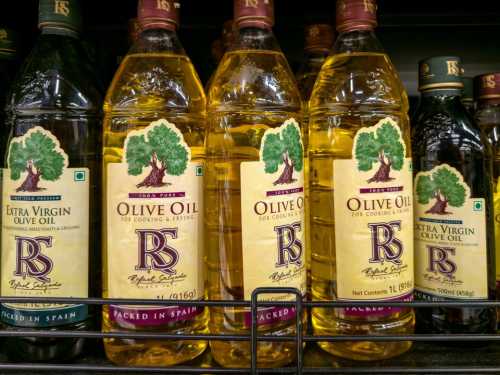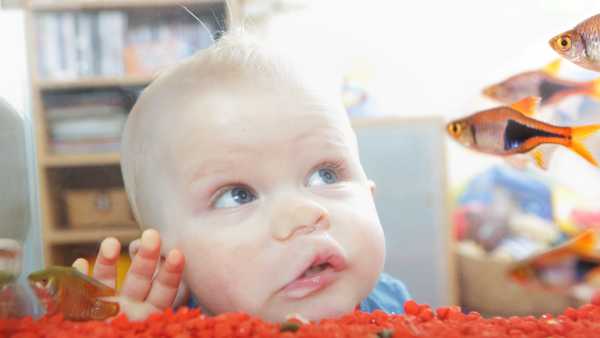
Alcohol is often called a 'truth serum'. But does it really make people tell the truth? (Image credit: Thomas Barwick via Getty Images)
The ancient Latin proverb “In vino veritas” — which translates as “In wine there is truth” — is just one of many expressions that support the idea that alcohol can serve as some kind of source of candor. The phrase comes from Pliny the Elder, a Roman scholar, historian, and soldier, although similar sayings date back to ancient Greece.
But does alcohol really make people more honest? The answer is both yes and no, experts explained to Live Science.
Alcohol “increases our tendency to say whatever comes to mind,” said Aaron White, chief of the epidemiology and biometrics branch at the National Institute on Alcohol Abuse and Alcoholism. “In some cases, it may be true. In other cases, it may just be what you believe to be true when you’re drunk.”
So, there is a good chance that someone will speak their mind after a few drinks. However, there is also a chance that they will say something that seems true to them when they are drunk, but that they will not take seriously when they are sober. For example, a drunk friend might make bold statements about moving to another city or quitting their job, and then the next morning they will resume their usual activities.
Although a thorough internet search did not reveal any specific studies regarding the effects of alcohol on honesty, studies examining the effects of alcohol on personality, emotion, and cognitive processes support the concept.
For example, a 2017 study published in the journal Clinical Psychological Science looked at how participants’ personalities changed after drinking enough vodka and lemonade to reach a blood alcohol level of 0.09% — just above the federal driving limit in the U.S. and England. The researchers noted that the most noticeable change in the participants’ personalities after drinking was that they became significantly more outgoing. While the study didn’t examine whether alcohol is a truth serum, it makes sense that someone who feels more relaxed in social situations would also be more likely to open up.
Alcohol's ability to help people overcome their barriers may encourage them to express their thoughts, but White argues that its effect on emotions may make those thoughts more volatile.
“We generally find that drinking alcohol tends to heighten our emotions,” Michael Sayette, a psychology professor at the University of Pittsburgh, told Live Science in an email. “We may find ourselves smiling and speaking louder in pleasant interactions, but as researcher [Stanford University professor emeritus] Claude Steele put it, we may also be more likely to cry into our beer in less pleasant situations.”
These heightened emotions can make people say what’s on their minds, but they can also send someone into an unstable state where they say things they don’t really mean or that they later deeply regret. It’s similar to how alcohol makes some people more likely to engage in violence or gambling—actions that might seem reasonable to them when sober, but they find ways to avoid.
“Because alcohol can change our thoughts and feelings, it's not surprising that our behavior can change as well,” Sayatt said. “Alcohol can cause our behavior to become more extreme.”
These effects are due to alcohol's ability to cause relaxation, which makes a person more likely to act on their impulses. This is because alcohol suppresses signals in the prefrontal cortex, the area of the brain responsible for regulating behavior and controlling impulses, White explained.
What's more, alcohol also suppresses the amygdala, a structure located deep in the brain known for its influence on fear and anxiety. When a person is sober, the amygdala typically sends out warning signals that can prevent them from saying or doing something that might be embarrassing in a social setting.
Sourse: www.livescience.com





